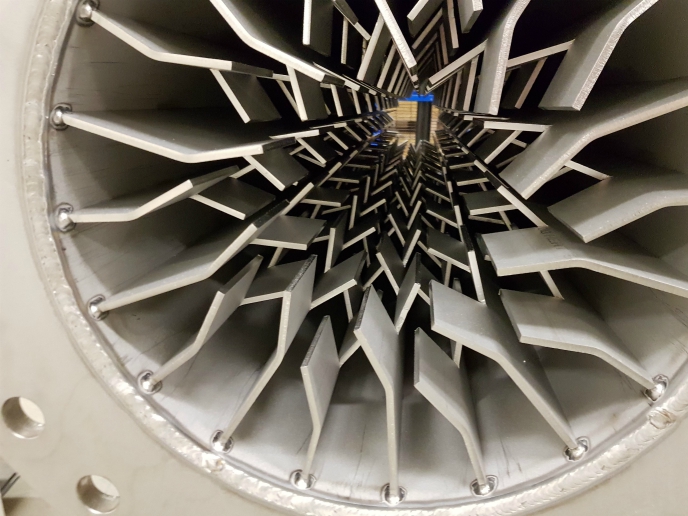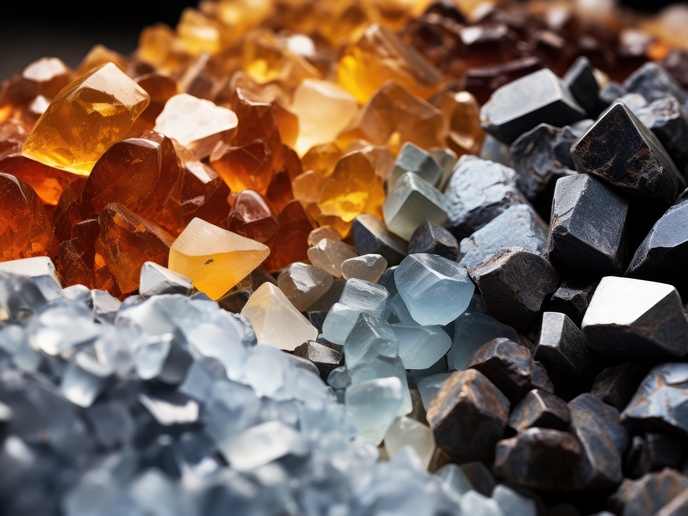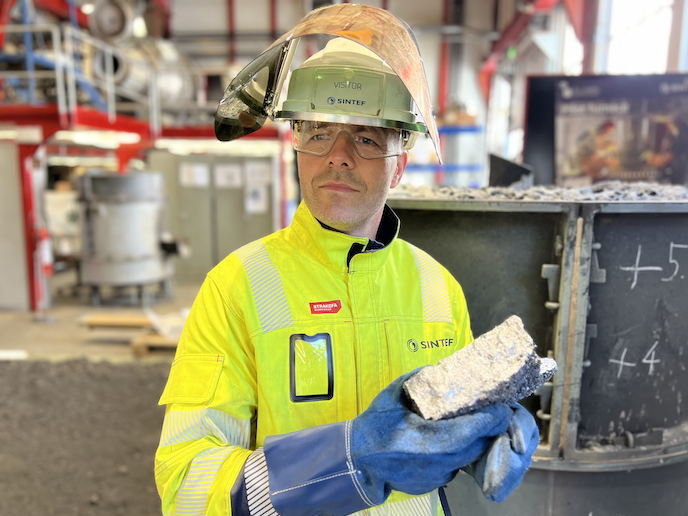Waste not, gain big: Reusing industrial heat energy or selling it for a profit
The industrial sector accounted for 37 % of total global final energy use and 24 % of global emissions in 2018(opens in new window). Between 20 and 50 % of the energy used in industrial processes is lost(opens in new window) as hot exhaust gases, cooling water, and heat losses from equipment and products. The EU-funded SUSPIRE project has exploited this significant opportunity for waste heat recovery and use, reducing overall energy consumption and emissions while providing the opportunity to sell excess energy.
Blazing a trail
Heat transfer fluids (HTFs) and phase change materials (PCMs) are integral to many heat management systems. HTFs transfer heat between materials and processes via heat exchangers. PCMs act as reversible heat storage systems, absorbing or releasing heat during phase changes like an ice cube melting or water freezing. According to Fernando Santos of Azterlan(opens in new window), technical project coordinator of SUSPIRE: “Although HTFs and PCMs have played an important role in solar power generating plants, they had not been exploited for capturing, transferring, and accumulating residual energy in process industrial plants prior to SUSPIRE.”
An energy efficiency cascade
SUSPIRE developed novel highly efficient heat exchangers combined with innovative PCMs and integrated those with a system for longer term storage and reuse or commercialisation. A silicon-based (inorganic) PCM stores heat from exhaust gases at temperatures higher that 500 ºC to be used for other energy-intensive processes in the same plant. An organic PCM in the heat exchanger through which the steam from a high-temperature industrial autoclave (Boilerclave®) passes allows the heat to be recycled back into the Boilerclave® for more steam generation. SUSPIRE also exploited borehole thermal energy storage (BTES), taking advantage of the ground itself as the storage material. According to Santos, “SUSPIRE harnessed BTES to seasonally accumulate heat from equipment refrigeration systems and excess heat from SUSPIRE energy recovery systems. This heat can be used for room conditioning and office heating as required. It can also be commercialised and sold to third parties for heating purposes.” Finally, SUSPIRE developed tailor-made software to identify critical variables and adjust process parameters to reduce energy consumption due to scrap generation.
Everyone is a winner
The solutions were piloted at an investment casting company; process stages included wax mould making, shell building, dewaxing, firing, melting and pouring. Heating and cooling of office space was also included. The total energy savings achieved were approximately 16 %, a combination of reduced energy consumption and excess available for sale to third parties. A life-cycle assessment predicted a 22 % reduction in CO2 emissions with the cascade of these technologies. Partner TELUR(opens in new window) (site in Spanish) is currently negotiating sale of excess thermal energy to supply a local sports centre, which could slash its natural gas requirements in half. Several developments have far exceeded the planned technology readiness level and the SMEs are in various phases of negotiations and installation of their technologies with customers. Many of the developments can be applied individually and are not limited to the process industry. The business model enables energy providers to invest in energy recovery and accumulation technologies in industrial plants and benefit by selling it to third parties like companies, sports arenas, or apartment complexes. This encourages investment, reduces emissions, and benefits the community. Santos concludes: “The use of residual energy recovery can break barriers between process industries and society, making their coexistence an opportunity rather than a threat.”







